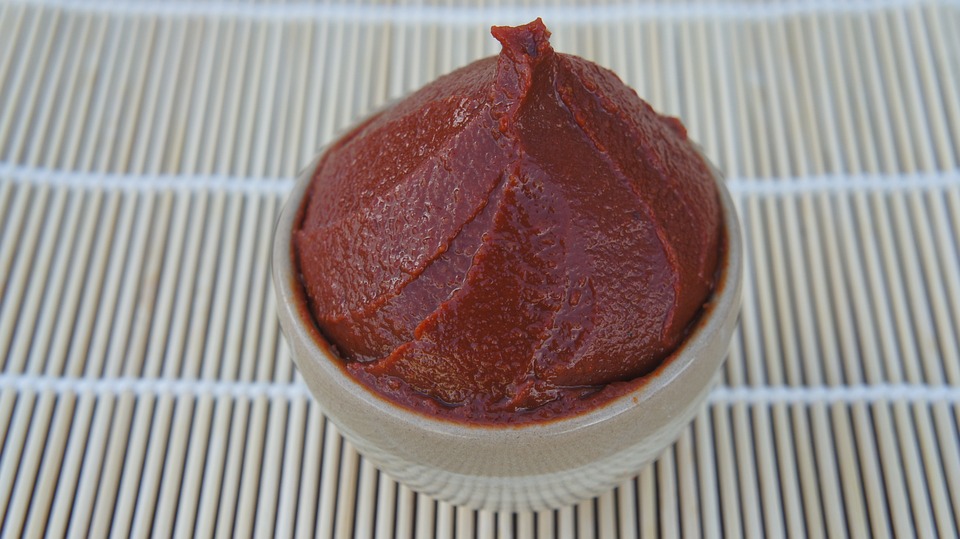[ad_1]
Miso is a traditional Japanese seasoning produced by fermenting soybeans with salt and koji (a type of fungus). It has been a staple of Japanese cuisine for centuries, and its unique flavor and health benefits have made it popular around the world. In recent years, miso has gained attention for its potential health benefits and culinary versatility.
Health Benefits of Miso
Miso is a nutrient-dense food that offers a range of health benefits. Some of the key benefits of incorporating miso into your diet include:
- High in Protein: Miso is a good source of plant-based protein, making it a valuable addition to vegetarian and vegan diets.
- Probiotic Properties: Miso is a fermented food, which means it contains beneficial bacteria that can support gut health and digestion.
- Rich in Nutrients: Miso is a good source of vitamins and minerals, including B vitamins, vitamin K, and manganese.
- Antioxidant Effects: Miso contains antioxidants that can help protect your cells from damage caused by free radicals.
- Supports Heart Health: Some research suggests that the isoflavones found in miso may have beneficial effects on heart health, including lowering cholesterol levels.
Ways to Incorporate Miso into Your Diet
There are many ways to enjoy the flavor and health benefits of miso in your daily meals:
- Miso Soup: Miso soup is a traditional Japanese dish made with miso paste, dashi (a Japanese soup stock), and various ingredients such as tofu, seaweed, and green onions.
- Miso Dressing: Whisk miso paste with vinegar, oil, and other seasonings to create a delicious and nutritious salad dressing.
- Miso Glaze: Use miso as a marinade or glaze for roasted vegetables, tofu, or fish to add depth of flavor and a boost of nutrients.
- Miso Sauce: Mix miso paste with soy sauce, garlic, and ginger to create a savory sauce for stir-fries or as a condiment for grilled meats.
- Miso Mayo: Blend miso paste with mayonnaise to create a flavorful spread for sandwiches or a dip for vegetables.
Conclusion
Incorporating miso into your diet can be a simple and effective way to add a boost of nutrients and flavor to your meals. Whether you enjoy it in traditional Japanese dishes or as a versatile ingredient in your own recipes, miso offers a range of health benefits that make it a valuable addition to any diet.
FAQs
Q: Is miso suitable for people with soy allergies?
A: Miso is made from fermented soybeans, so it may not be suitable for individuals with soy allergies. It’s best to consult with a healthcare professional before incorporating miso into your diet if you have a soy allergy.
Q: Can miso be used in gluten-free recipes?
A: Traditional miso is gluten-free, but it’s important to check the ingredient list to ensure that no gluten-containing additives have been used in the manufacturing process.
Q: How long does miso last once opened?
A: Miso can last for several months in the refrigerator once opened, as long as it is stored in an airtight container. It may darken in color over time, but it is still safe to consume as long as there are no signs of spoilage.
[ad_2]








Comments